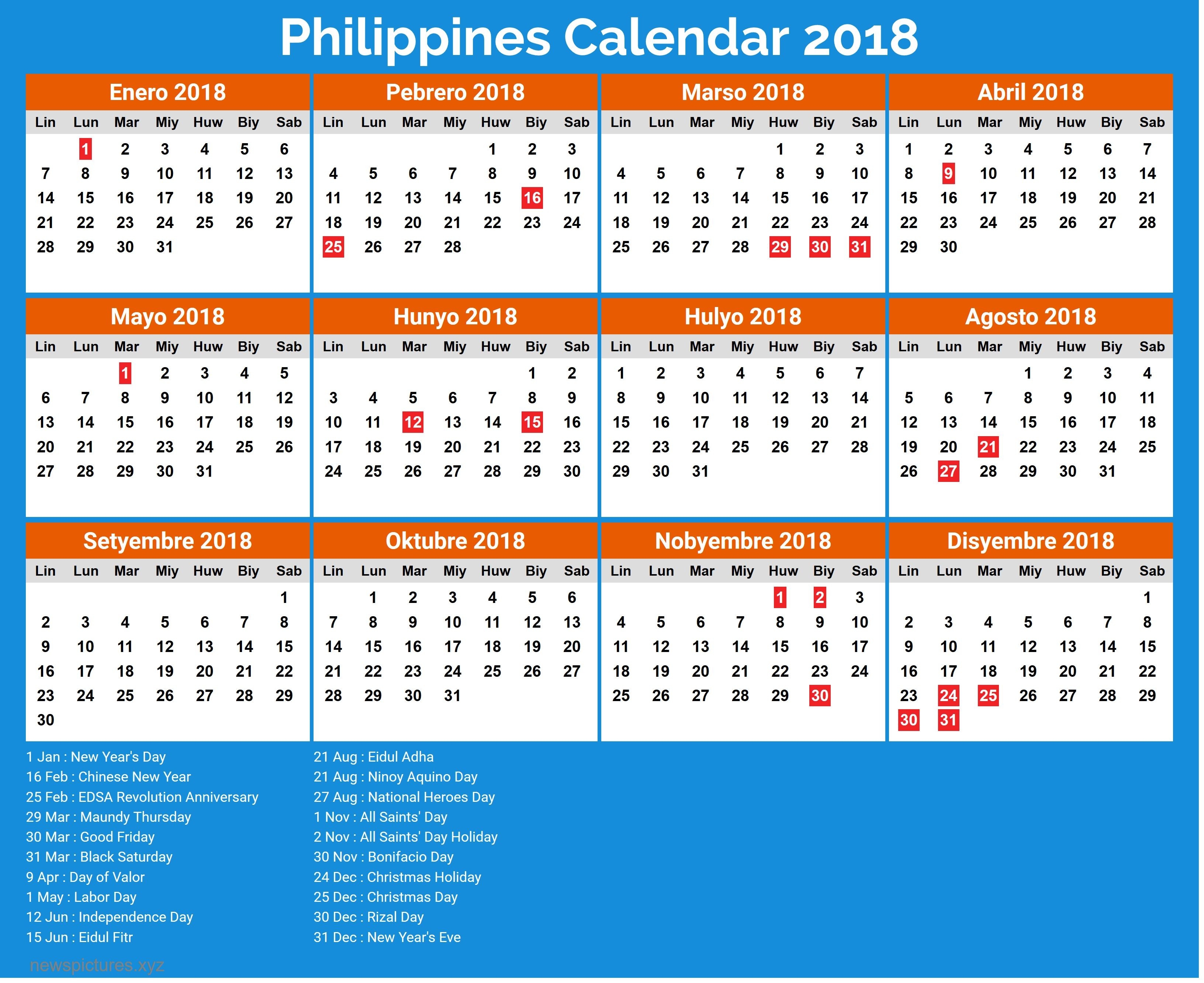2025 Philippines Calendar PDF: A Comprehensive Guide to Filipino Holidays and Observances
Related Articles: 2025 Philippines Calendar PDF: A Comprehensive Guide to Filipino Holidays and Observances
- Blank November 2025 Calendar: A Comprehensive Guide To A Blank Slate
- 6-Month Calendar On One Page 2025: A Comprehensive Guide For Planning And Scheduling
- MAS T-Bill Issuance Calendar 2025
- May 2025 Calendar Printable Landscape
- March 2025 Calendar: A Comprehensive Guide
Introduction
In this auspicious occasion, we are delighted to delve into the intriguing topic related to 2025 Philippines Calendar PDF: A Comprehensive Guide to Filipino Holidays and Observances. Let’s weave interesting information and offer fresh perspectives to the readers.
Table of Content
Video about 2025 Philippines Calendar PDF: A Comprehensive Guide to Filipino Holidays and Observances
2025 Philippines Calendar PDF: A Comprehensive Guide to Filipino Holidays and Observances

Introduction
The Philippines, an archipelago of over 7,000 islands, is a culturally diverse nation with a rich history and vibrant traditions. Its calendar reflects this diversity, incorporating both national and religious holidays that celebrate the country’s unique heritage. This comprehensive article provides a detailed overview of the 2025 Philippines calendar in PDF format, highlighting the significance of each holiday and observance.
Public Holidays
The Philippines has a total of 18 public holidays, which are designated by law as non-working days. These holidays commemorate important historical events, national heroes, and religious festivals.
- New Year’s Day (January 1): Marks the beginning of a new year.
- Maundy Thursday (March 27): Commemorates the Last Supper of Jesus Christ.
- Good Friday (March 28): Marks the crucifixion of Jesus Christ.
- Araw ng Kagitingan (April 9): Honors Filipino soldiers who fought against foreign invaders.
- Labor Day (May 1): Celebrates the contributions of workers to the nation.
- Independence Day (June 12): Commemorates the Philippines’ independence from Spain in 1898.
- National Heroes’ Day (August 28): Pays tribute to Filipino heroes who fought for the country’s freedom.
- All Saints’ Day (November 1): Honors deceased saints and martyrs.
- All Souls’ Day (November 2): Commemorates the departed souls of loved ones.
- Bonifacio Day (November 30): Celebrates the birth of Andres Bonifacio, the founder of the Katipunan, a secret society that fought for Philippine independence.
- Christmas Day (December 25): Celebrates the birth of Jesus Christ.
- Rizal Day (December 30): Honors Jose Rizal, the national hero of the Philippines.
Special Non-Working Days
In addition to public holidays, the Philippines also observes a number of special non-working days that are designated by the government. These days are typically related to religious or cultural events.
- Chinese New Year (January 22): Celebrates the beginning of the Chinese lunar year.
- Ash Wednesday (February 26): Marks the beginning of the Christian season of Lent.
- Holy Thursday (March 27): Commemorates the Last Supper of Jesus Christ.
- Black Saturday (March 29): Marks the day before Easter Sunday.
- Eid al-Fitr (April 22): Celebrates the end of the Muslim holy month of Ramadan.
- Eid al-Adha (July 9): Celebrates the willingness of Prophet Ibrahim to sacrifice his son, Ishmael, to God.
- Undas (November 1): Commemorates the departed souls of loved ones.
- Christmas Eve (December 24): The day before Christmas Day.
Other Observances
Beyond public holidays and special non-working days, the Philippines also recognizes a number of other observances that are not officially designated as holidays but are nonetheless significant to the nation’s culture and traditions.
- Flag Day (May 28): Celebrates the adoption of the Philippine flag.
- National Book Day (November 25): Promotes literacy and reading in the Philippines.
- National Science and Technology Week (July 3-9): Highlights the importance of science and technology in the country’s development.
- National Women’s Month (March): Recognizes the contributions of women to Philippine society.
- National Children’s Month (November): Celebrates the rights and well-being of children.
Conclusion
The 2025 Philippines calendar PDF is an indispensable tool for anyone living in or planning to visit the country. It provides a comprehensive overview of the nation’s public holidays, special non-working days, and other important observances. By understanding the significance of these events, individuals can better appreciate the rich cultural heritage and vibrant traditions of the Philippines.








Closure
Thus, we hope this article has provided valuable insights into 2025 Philippines Calendar PDF: A Comprehensive Guide to Filipino Holidays and Observances. We appreciate your attention to our article. See you in our next article!